
What happens behind the scenes can be just as important as the script when it comes to a TV show’s success. Sometimes, networks or studios will replace the show’s creative leader if they disagree about the direction of the show or if ratings are low. While these changes can sometimes fail, they can also dramatically improve a series. A new leader can bring a fresh approach or get the show back on track, turning a failing program into a critically acclaimed hit. Here are some examples of shows that actually benefited from a change in leadership.
‘Star Trek: The Next Generation’ (1987–1994)
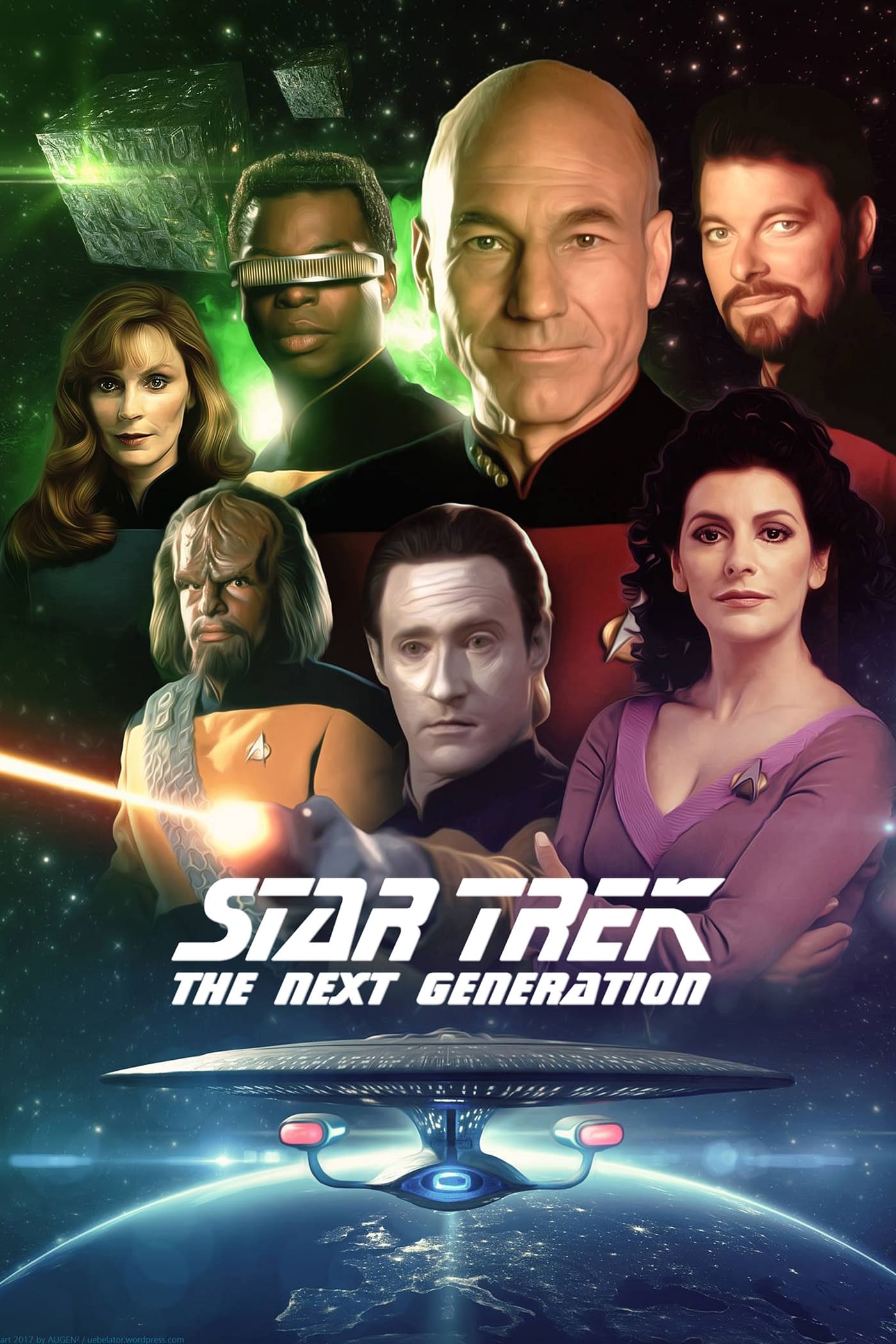
The show’s first two seasons were difficult, marked by constant changes in the writing team and internal struggles. After the second season, Maurice Hurley, the original head writer, departed, and Michael Piller took over. Piller made a key change, moving the show’s focus from simply solving strange events to exploring the personal lives and emotions of the crew. This new approach breathed life back into the writing process and resulted in some of the most highly praised episodes ever made. Ultimately, the series moved beyond being compared to the original and established itself as a classic on its own merits.
‘The Walking Dead’ (2010–2022)

Many fans felt the show became too dark and slow under Scott M. Gimple’s leadership. When Angela Kang took over for season nine, she brought a renewed sense of energy to the story. She shifted the focus to rebuilding society and strengthening the connections between characters, which had been a highlight of the show’s earlier seasons. Critics applauded this change, noting that it made the zombies scary again and breathed new life into the human stories. Remarkably, the show regained its momentum even while dealing with the loss of its main actor during this period of change.
‘Community’ (2009–2015)
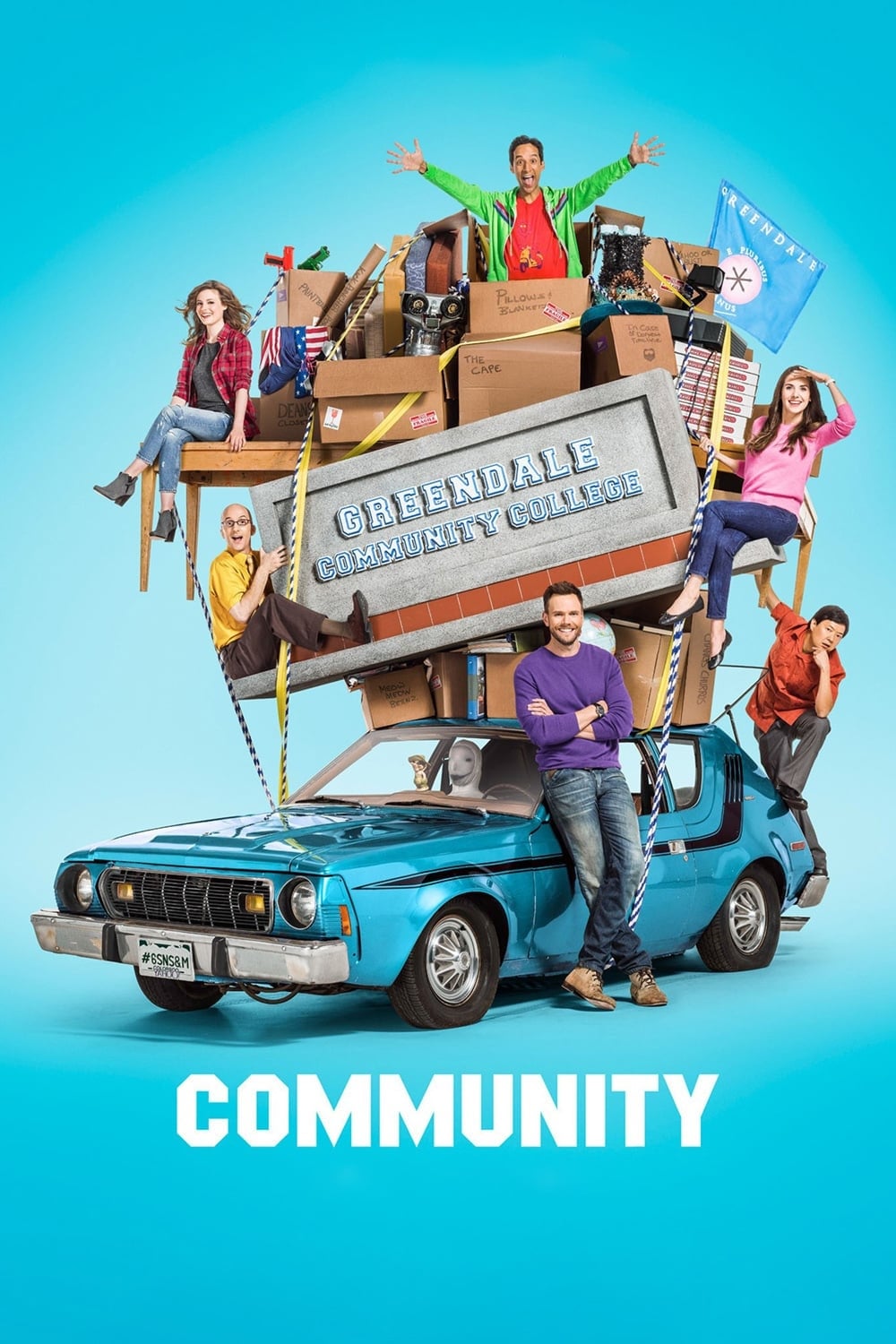
Community, a beloved and quirky show, was created by Dan Harmon, but he was let go by NBC after three seasons because of disagreements with the network. The fourth season without him wasn’t as good – it lacked the show’s signature cleverness. Luckily, Harmon was brought back for the fifth season, and the show immediately felt like itself again, with its unique style and self-aware humor. The characters felt more real and funny, after briefly becoming over-the-top. This unusual decision to rehire a creator who had been fired ultimately rescued the show’s reputation with its dedicated fans.
‘Marvel’s Iron Fist’ (2017–2018)

The first season of this superhero show received negative reviews, mainly because it felt slow and the fight scenes weren’t very exciting, all under the direction of Scott Buck. When Raven Metzner took over as showrunner for season two, he completely changed the show’s feel. The action became much more intense and realistic, staying true to the martial arts origins of the story. Metzner also expanded the show’s backstory and gave the supporting characters more important roles. Reducing the number of episodes helped fix the pacing issues that hurt the first season.
‘Smash’ (2012–2013)
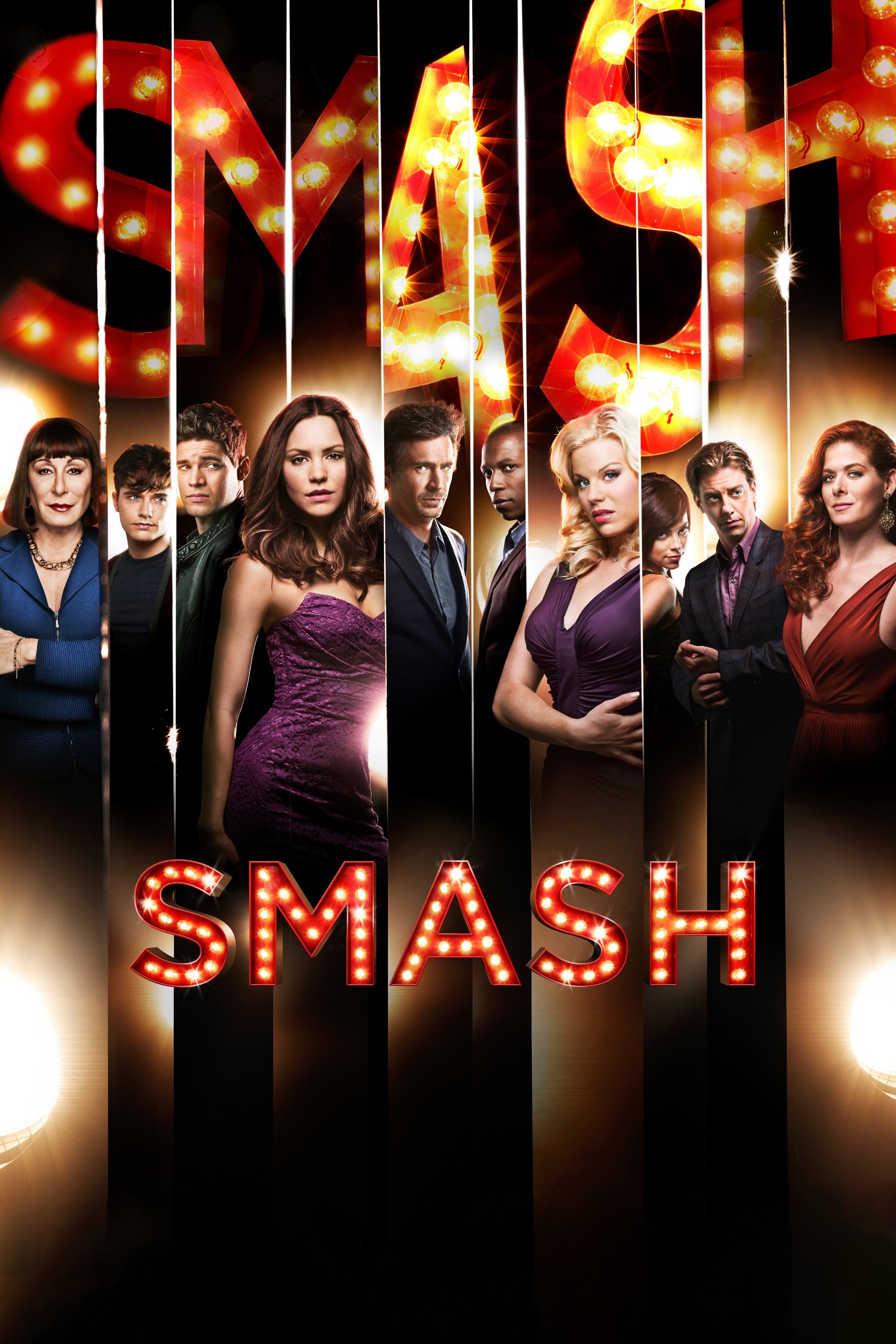
After a rocky first season filled with tonal inconsistencies and attracting viewers mostly for its flaws, the show’s creator, Theresa Rebeck, left the project. Josh Safran stepped in for the second season and worked to improve the story by simplifying it and cutting storylines that weren’t working. He also made the musical numbers feel more connected to the plot, instead of interrupting it. Viewers responded positively to this more focused approach, which centered on the process of creating the musical within the show. While the series didn’t last long, it ultimately found its creative direction.
‘Veep’ (2012–2019)
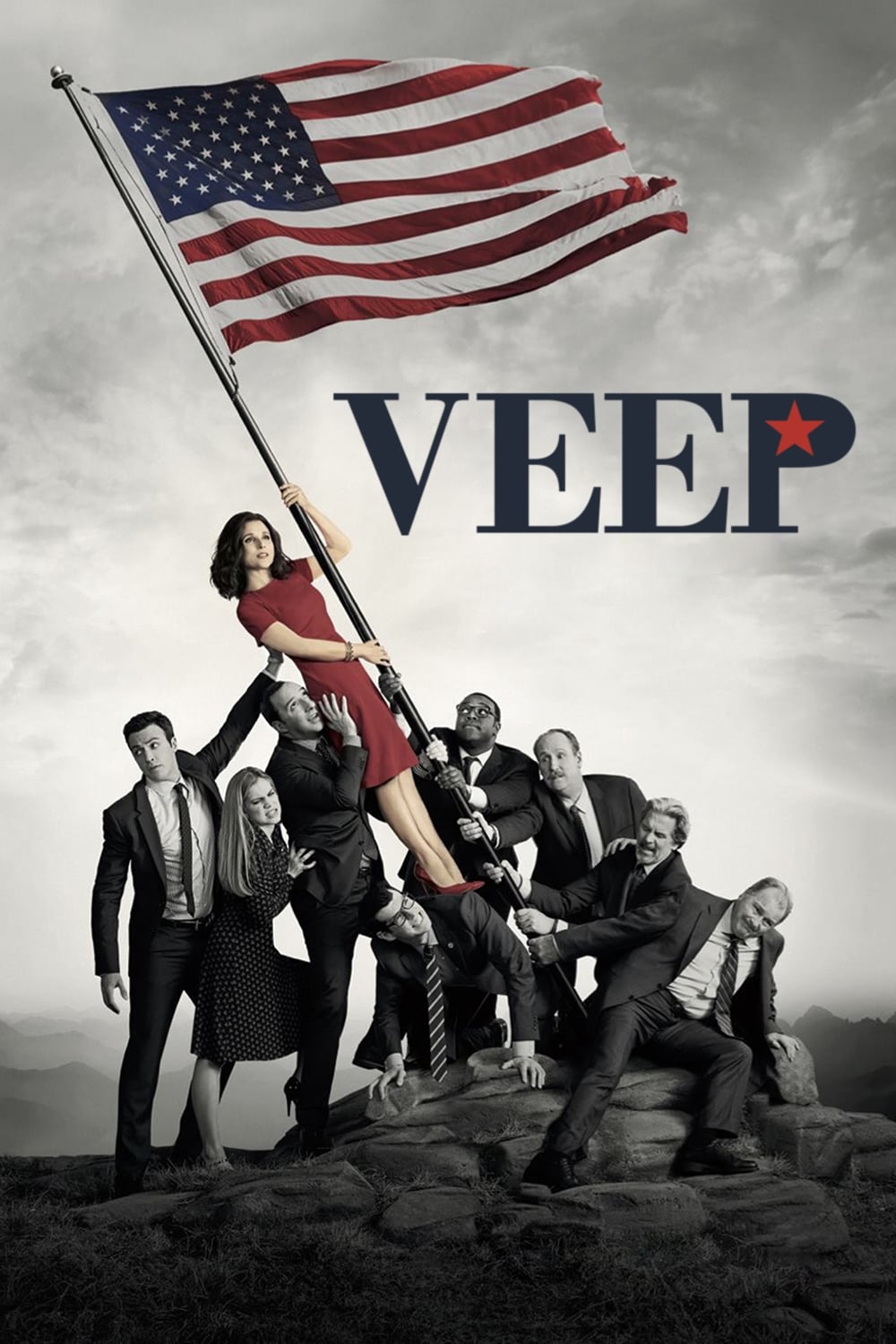
Armando Iannucci, the creator of this political comedy, moved on after four seasons, and David Mandel took over as showrunner. Mandel kept the show’s famously witty writing and intensified the drama for the characters. As the series continued, it became even more sharply critical, reflecting the often-ridiculous nature of politics. Mandel skillfully navigated big changes in the storyline, including the protagonist’s fluctuating power, ensuring a smooth continuation of the show’s success and award-winning quality.
‘Star Trek: Picard’ (2020–2023)
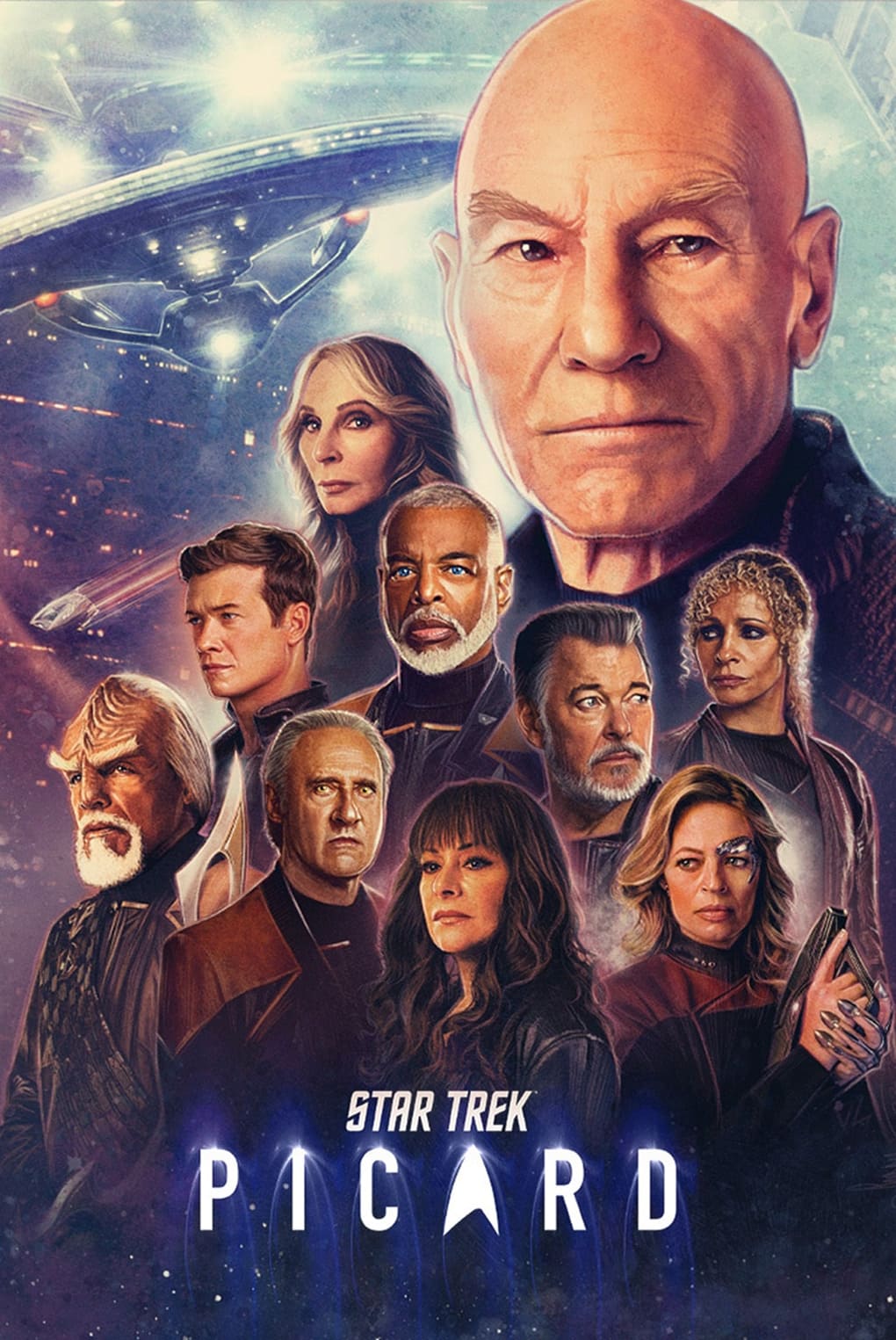
The show’s first two seasons were met with mixed reactions, as some viewers didn’t appreciate the way the main character was reimagined. However, Terry Matalas took over as creative lead for the third and final season and aimed for a satisfying, classic experience. He brought back the entire original crew for a story that felt like a long, exciting movie, recapturing the hopeful and friendly spirit of the nineties series. Both fans and critics agreed the final season was a huge success, ultimately saving the show.
‘Star Trek: Enterprise’ (2001–2005)
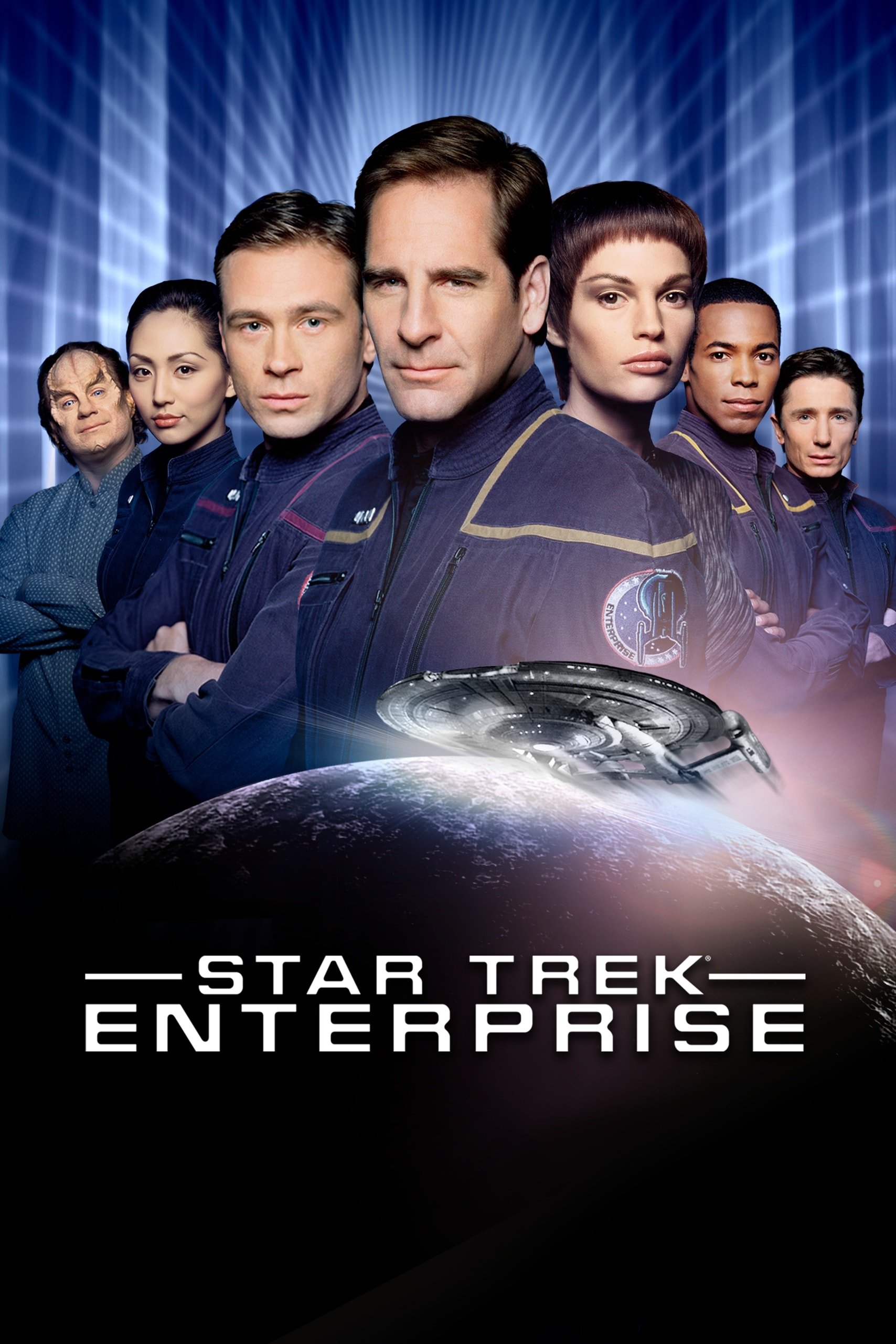
I have to say, the first few seasons of this show didn’t quite click for me – it felt like they were trying to do something new while also staying true to what came before, and it didn’t always work. But when Manny Coto took over for season four, everything changed. He really focused on connecting the prequel to the original series, explaining how things got to be the way they were in the sixties show. Suddenly, the stories felt more focused, and the nods to the show’s history felt natural and meaningful. Honestly, that final season was the best part of the whole series – it really hit its stride.
‘True Detective’ (2014–Present)
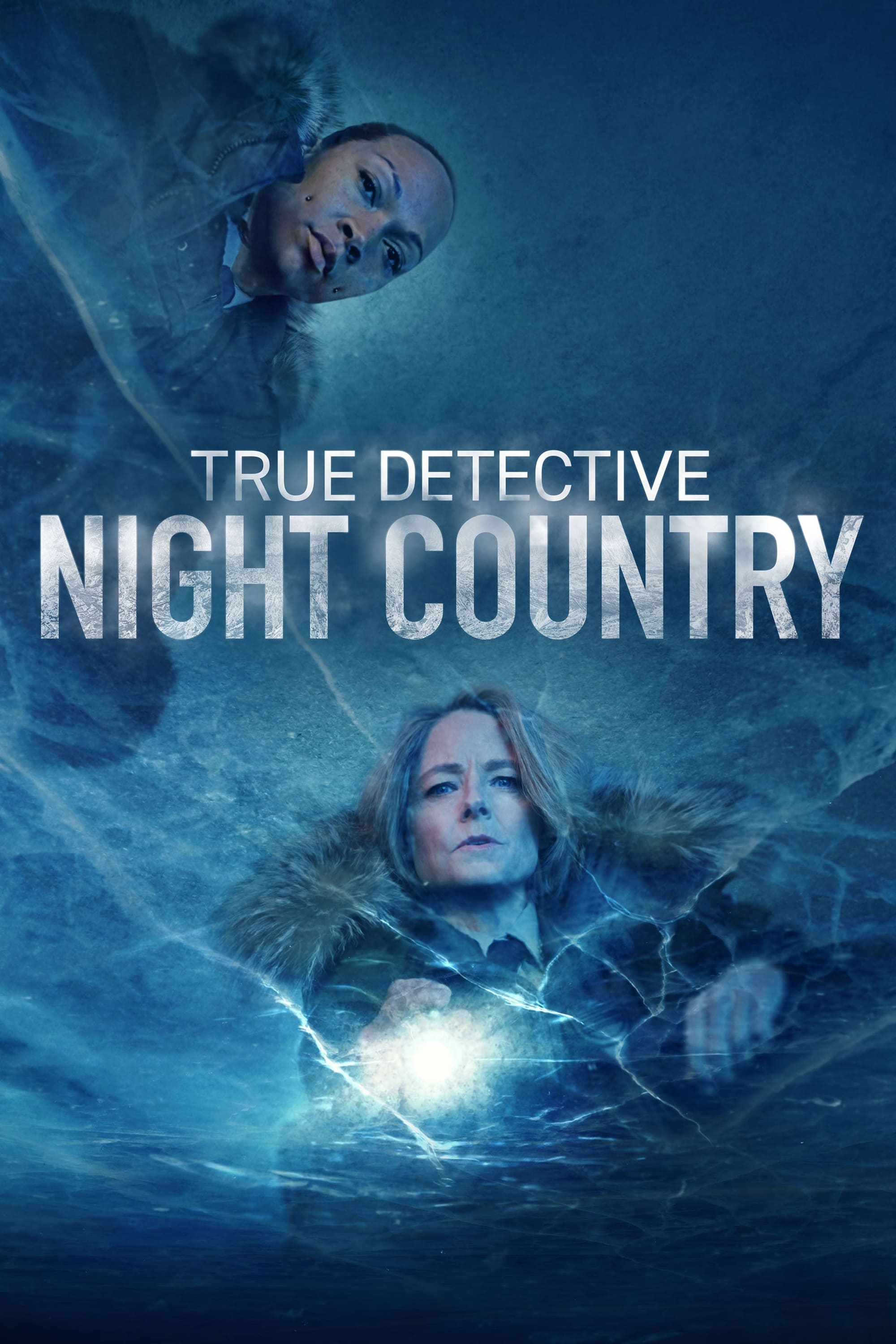
The crime anthology series had three seasons with mixed reviews, originally guided by creator Nic Pizzolatto, before he moved on. Issa López then took the reins as writer and director for the fourth season, called Night Country. López brought a new take to the show, adding supernatural horror which breathed fresh life into the format and attracted a large audience. The new season featured a tighter mystery and a different, more chilling atmosphere than previous installments. This change in creative direction led to the most popular season of the series ever.
‘Andor’ (2022–Present)

Stephen Schiff initially started developing the Star Wars prequel, but Tony Gilroy later revised the idea. Gilroy transformed it into a realistic spy story, moving away from Jedi and lightsabers to focus on complex political issues. The story explored how regular people gradually become extremists while living under a harsh, authoritarian government. This change in direction led to one of the most highly praised installments in the entire Star Wars series. By emphasizing real-world sets and more mature themes, the show raised the bar for Star Wars storytelling on television.
‘NCIS’ (2003–Present)
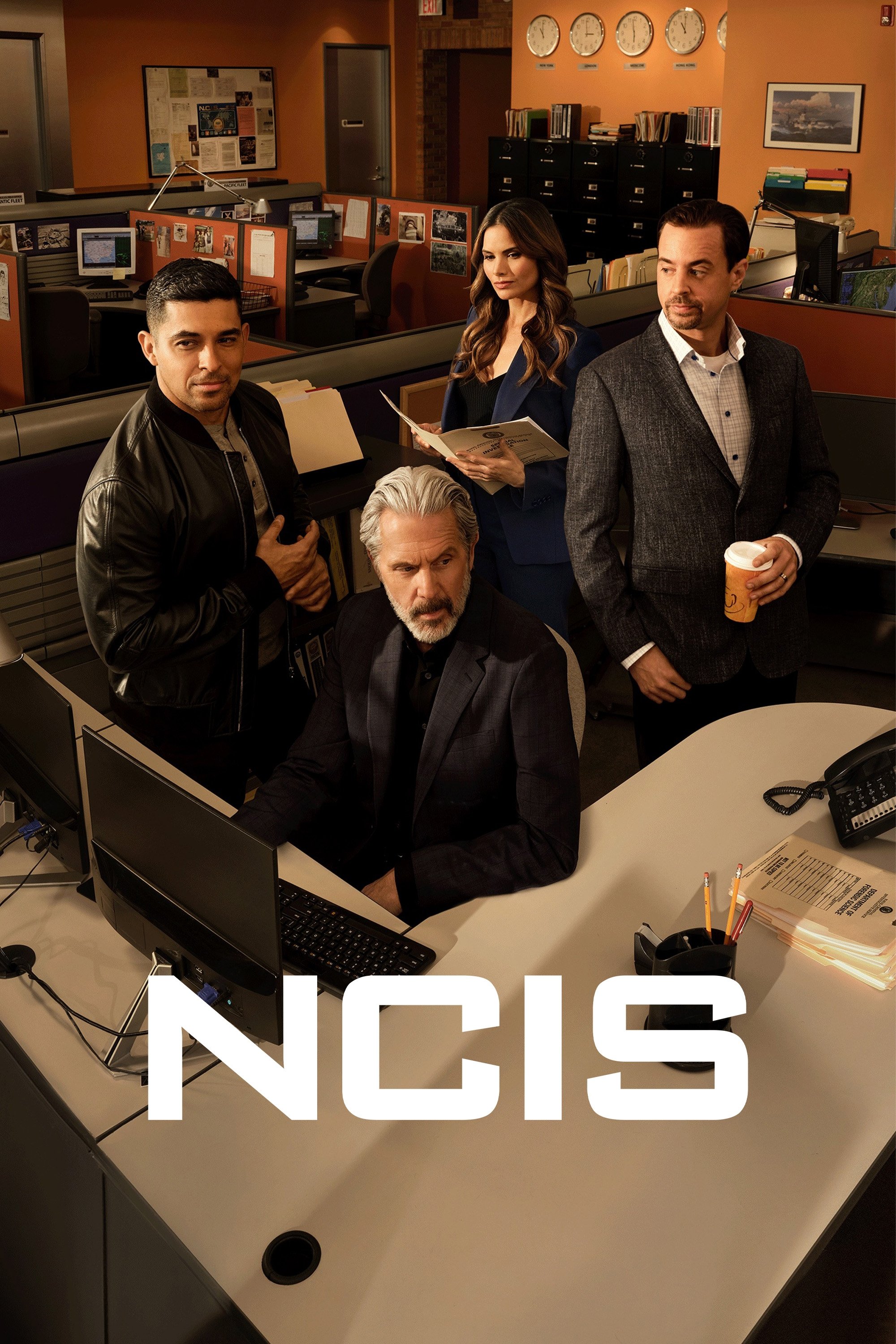
Initially, the show’s creator, Donald P. Bellisario, had strict control, but disagreements with the main actor led to his leaving. The new writing team then emphasized the close, supportive relationships between characters – something fans really enjoyed. While the show still focused on solving cases, it became more lighthearted and funny. This change proved incredibly successful, turning the series into a massive hit that stayed popular on television for almost twenty years. The atmosphere on set improved, and that positive energy was clearly visible on screen.
‘Lie to Me’ (2009–2011)
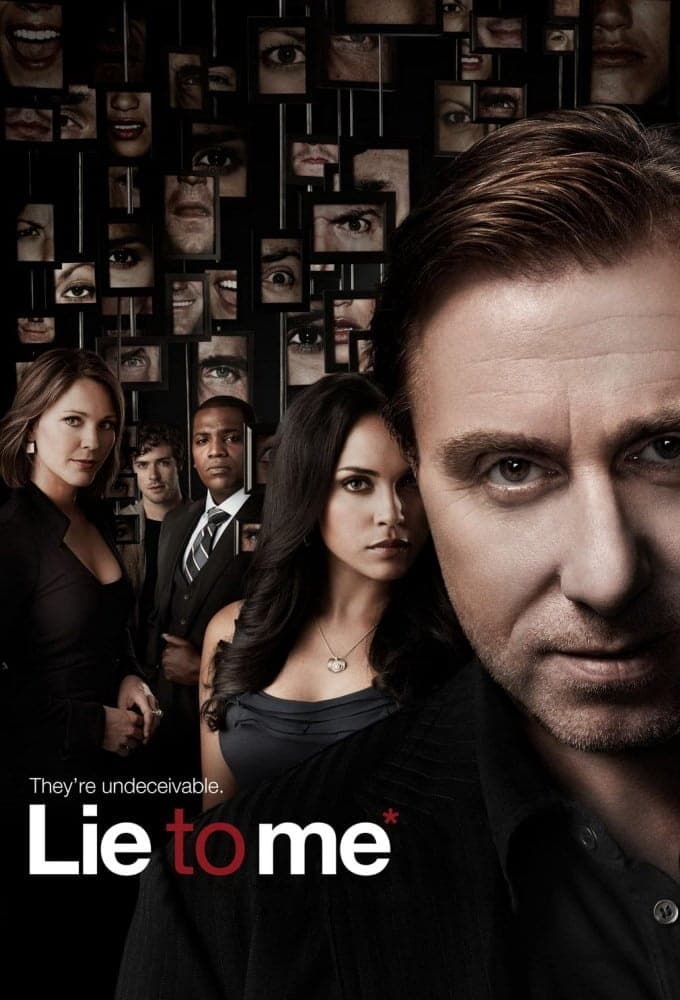
I have to admit, the first season felt a little formulaic – each week’s case seemed to follow the same pattern. But when Shawn Ryan took the reins, everything changed! He really upped the ante, making the show visually more intense and starting to weave longer, more complex storylines that truly tested our heroes. It wasn’t just about solving crimes with science anymore; we started seeing how the protagonist’s abilities affected him, the real psychological cost. Honestly, it went from being a pretty standard crime show to something much deeper and more fascinating – a real exploration of character.
‘Marvel’s Daredevil’ (2015–2018)
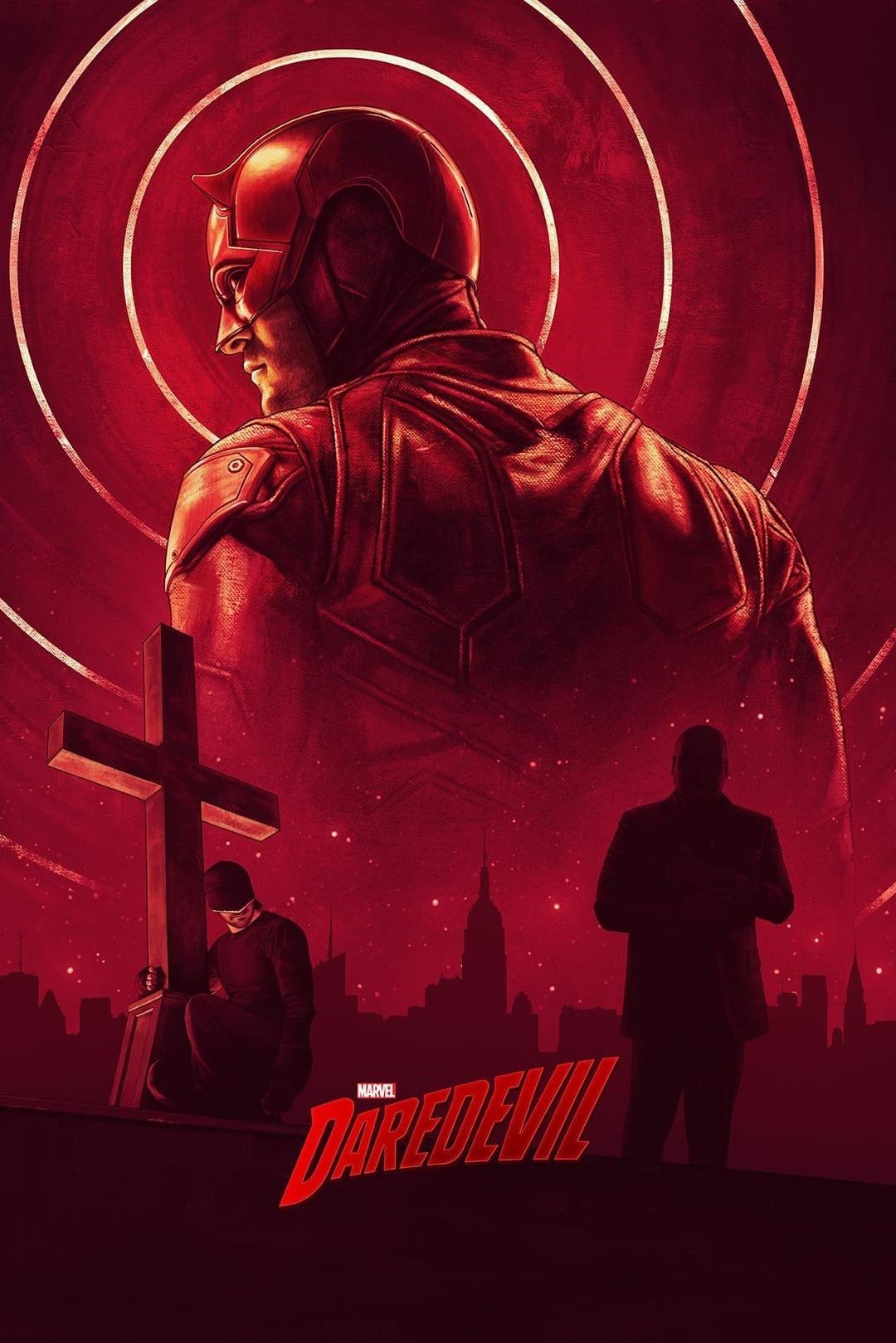
After the second season felt directionless, Erik Oleson became showrunner and dramatically changed the show’s direction. He forced the main character to confront hardship by taking away his usual support system, focusing the story on his struggle for survival and self-discovery. This shift brought the intense rivalry between the hero and Kingpin back to the forefront. Critics celebrated this return to the gritty, realistic crime drama that made the first season so popular, praising the fast-paced plot and the meaningful development of the characters.
‘Grey’s Anatomy’ (2005–Present)

When Krista Vernoff returned to lead the medical drama in its fourteenth season, after previously being a head writer, the show took a new direction. She moved away from constant sadness and brought back more humor and romance, all while continuing to explore important medical and social issues. This creative refresh proved the series still had compelling stories to tell even after being on the air for over a decade, and viewers appreciated the change in tone and the focus on the show’s original characters.
‘Supernatural’ (2005–2020)
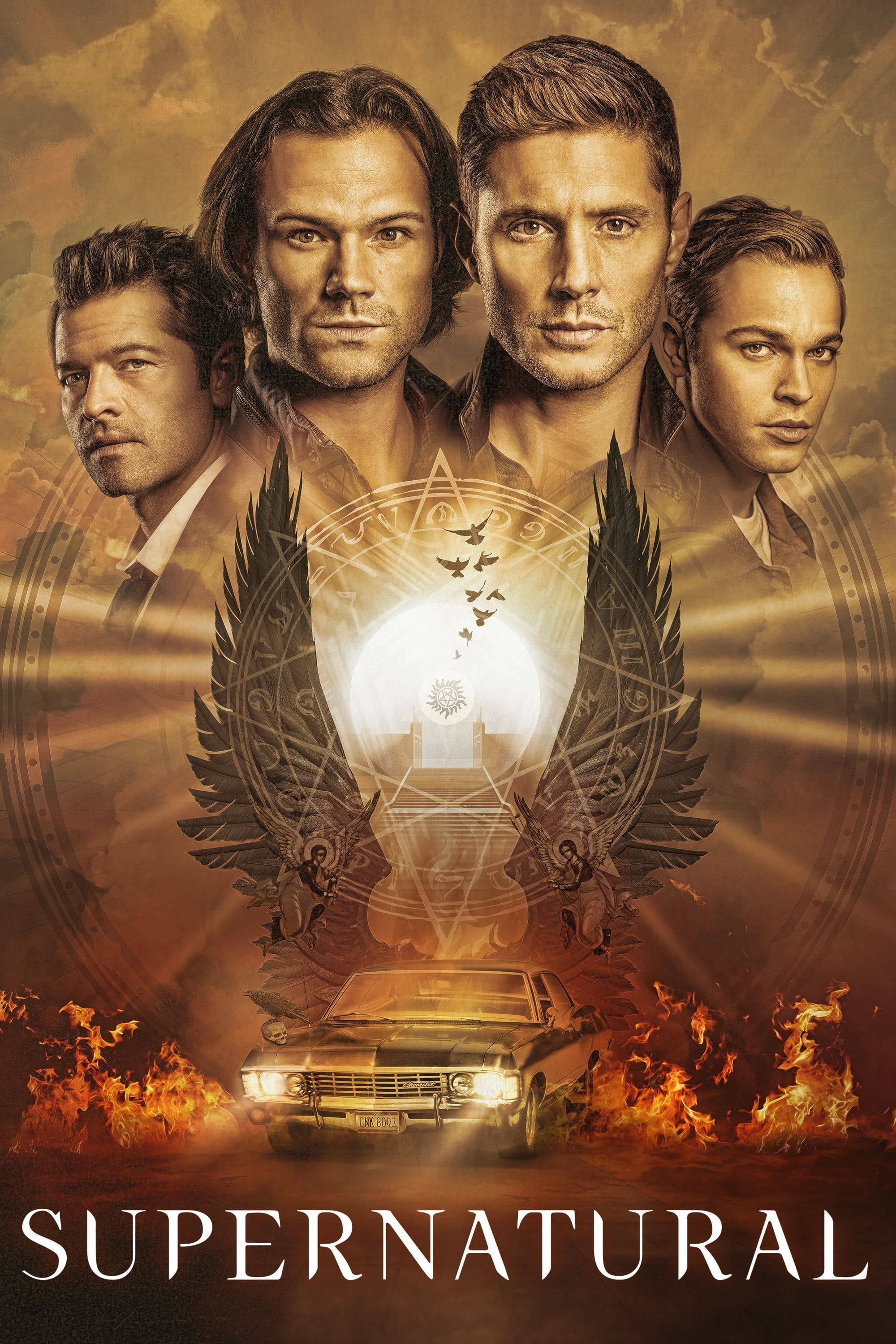
As a long-time Supernatural fan, I have to say Jeremy Carver really saved the day when he took over as showrunner for season eight. Things had gotten pretty messy before that, and the show was losing its way. He smartly dialed back the super complicated storylines and brought the focus back to what always made the show great: the relationship between Sam and Dean. I loved the addition of the Men of Letters bunker – it gave them a real home and opened up so many possibilities for new stories. Honestly, that era really stabilized things and allowed the show to keep going strong for almost another ten years. It just felt like the show found its heart again, moving away from all those overly complicated plots.
‘Killing Eve’ (2018–2022)
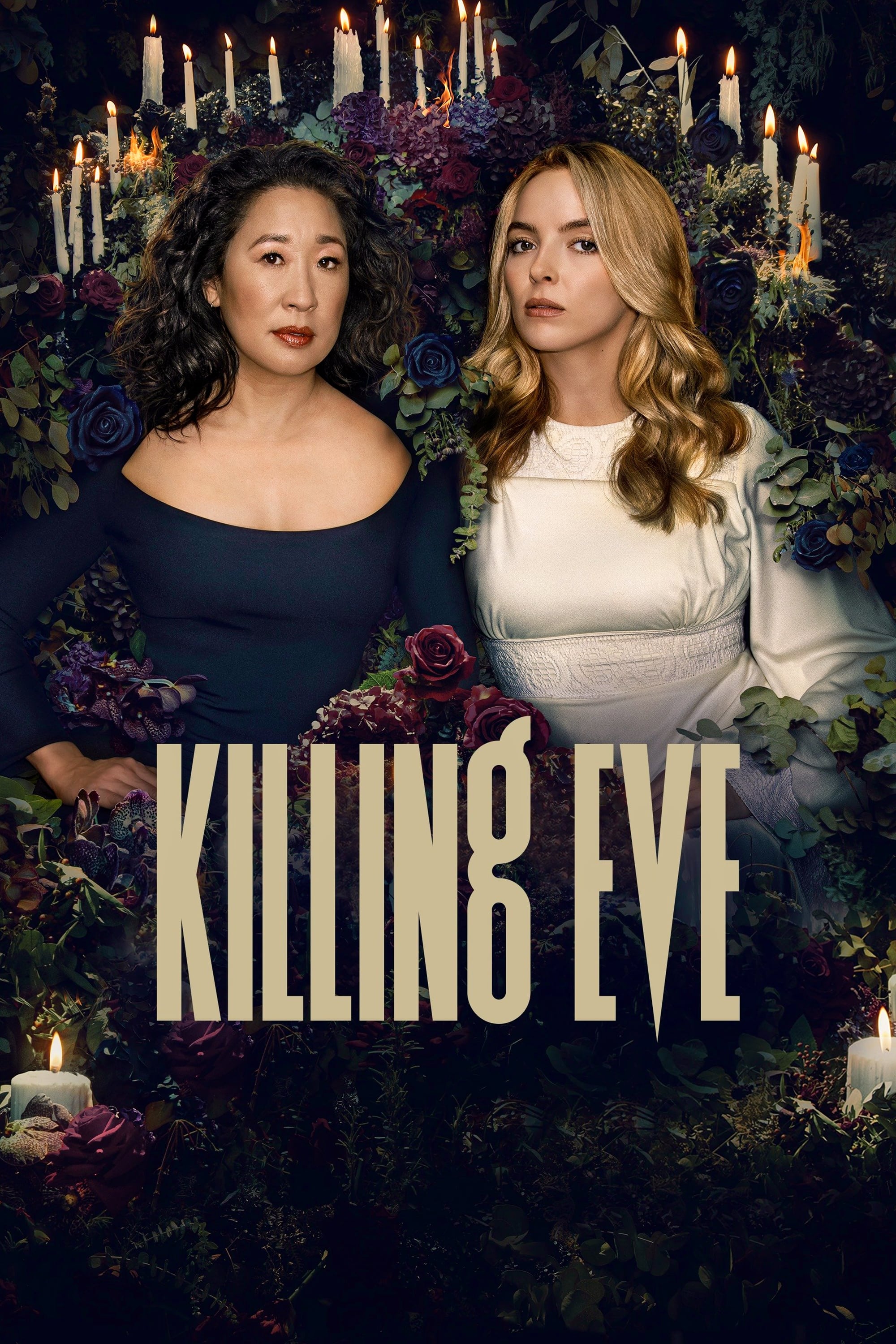
Phoebe Waller-Bridge launched the first season of the show, and Emerald Fennell took over for the second. Fennell skillfully kept the show’s dark humor and captivating suspense, while also taking the characters to even more intense places. The dynamic between the characters remained exciting and fresh, avoiding a simple repeat of the first season. The witty writing and memorable style continued to shine under Fennell’s direction, proving the show’s strong foundation could thrive even without its original creator.
‘Law & Order: Criminal Intent’ (2001–2011)
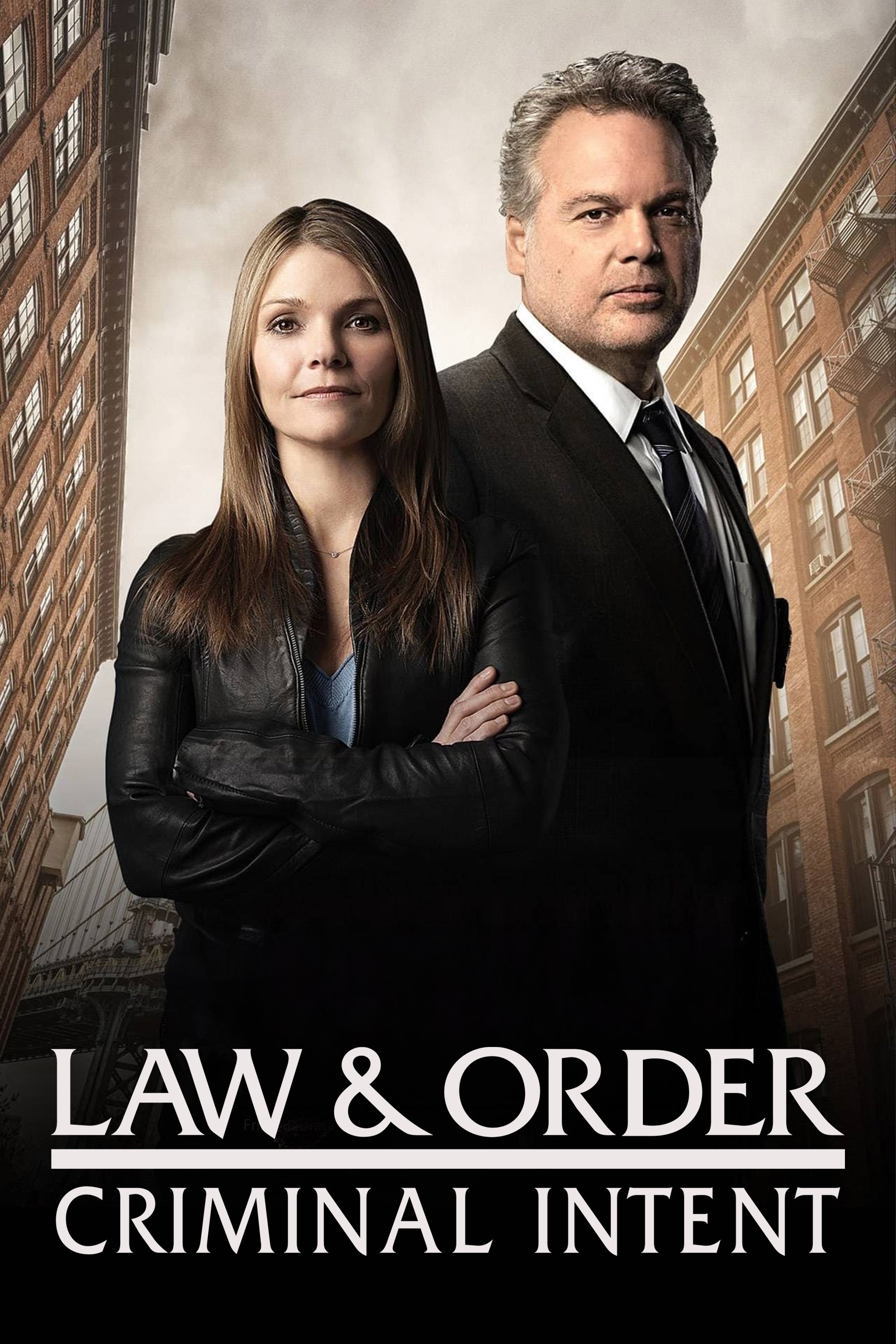
When the show was facing cancellation, Warren Leight stepped in as showrunner and turned things around. He focused on the detectives themselves – their thoughts, feelings, and how the cases affected them – instead of just the criminals. This meant the stories explored the personal struggles of the main characters, a change many fans consider the show’s best period. This creative shift ultimately saved the series and allowed it to continue for several more seasons.
‘Smallville’ (2001–2011)
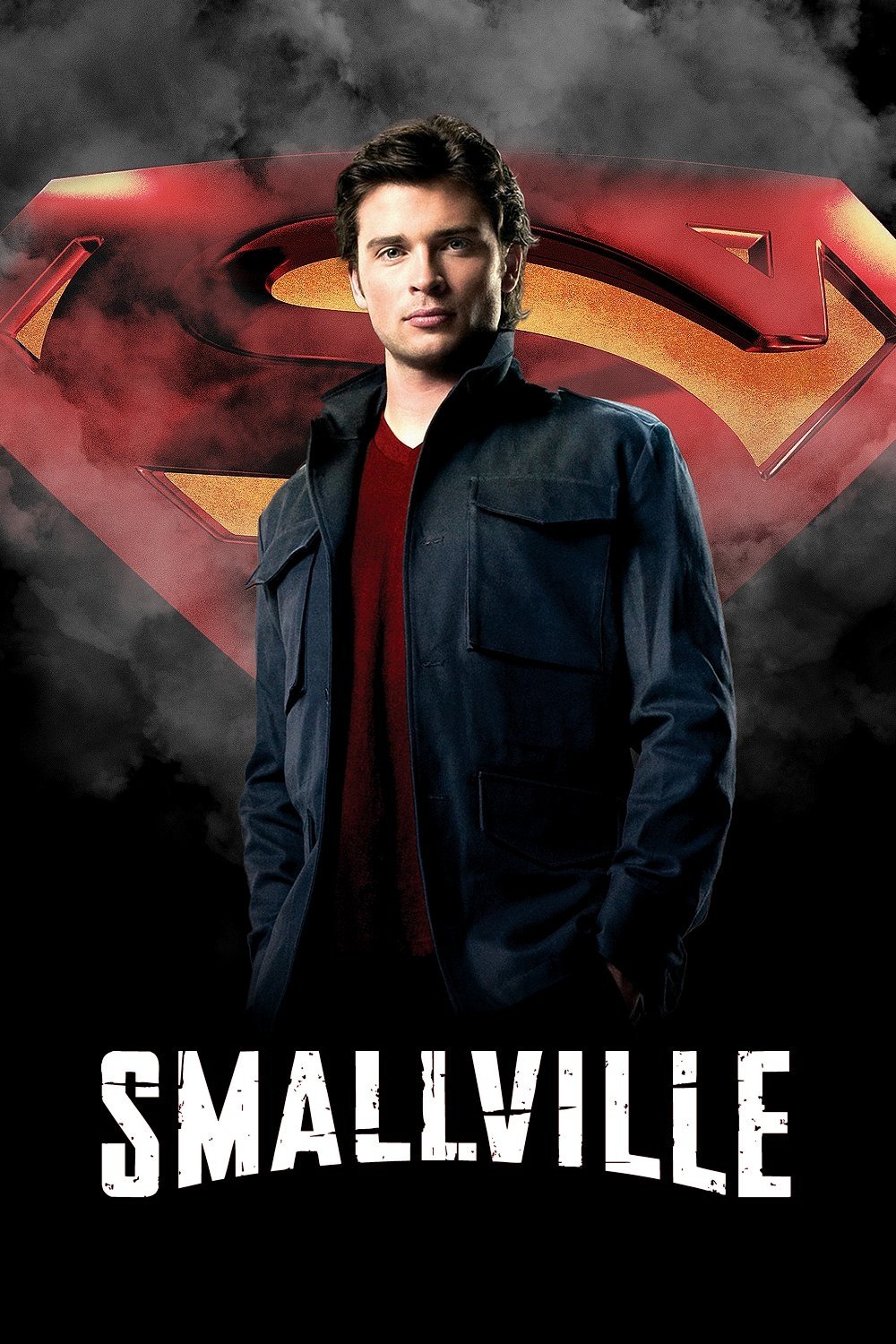
After seven seasons, the original creators of the show moved on, and new leadership decided it was time to take the story to Metropolis. This allowed Clark Kent to fully become Superman and connect with the larger DC universe. The show shifted to a more mature tone, focusing less on personal drama and more on superhero action. Viewers were pleased to see the characters move towards the classic Superman imagery, including the iconic suit and the bustling Daily Planet newsroom.
‘Chicago Med’ (2015–Present)
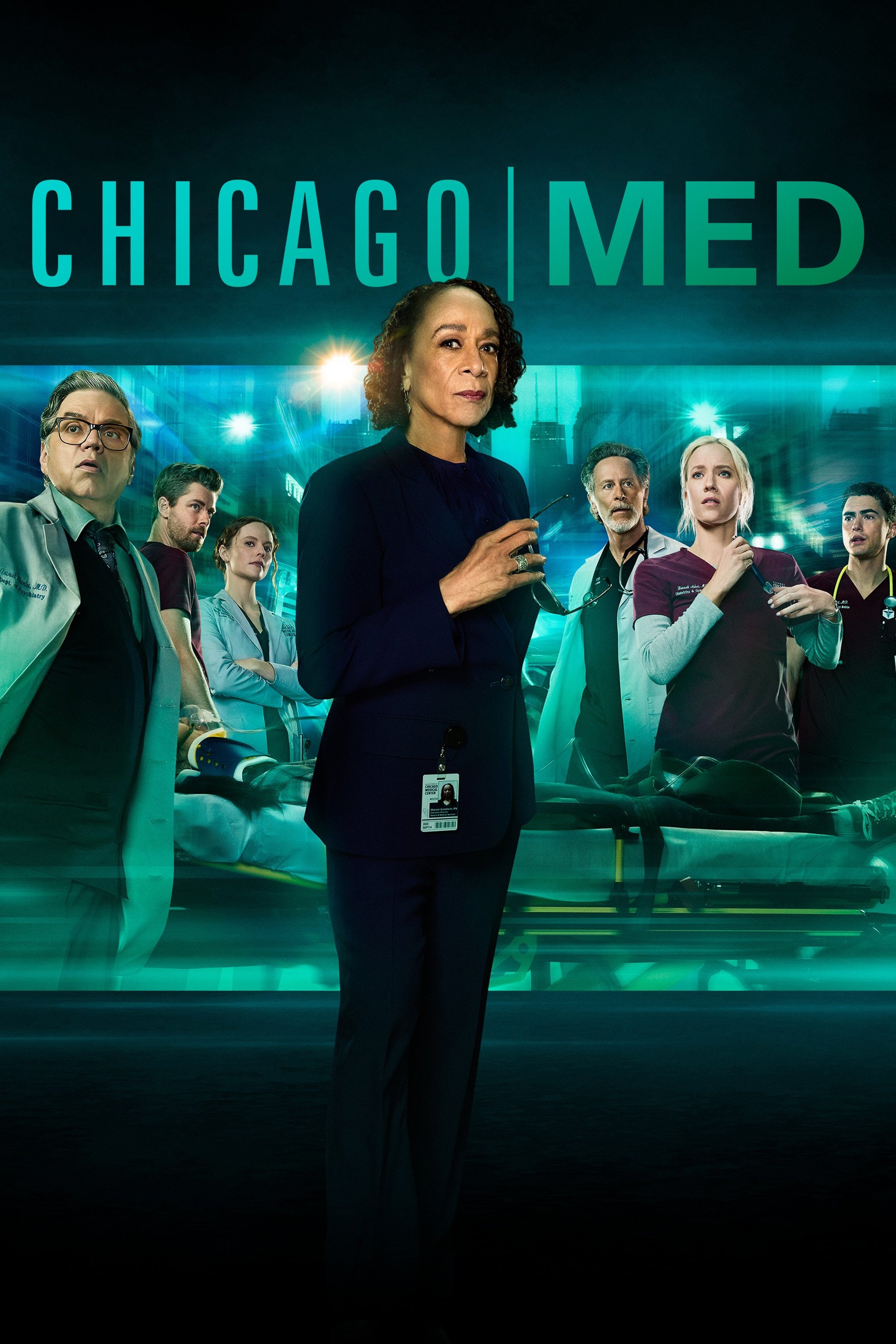
Before the show even premiered, a change in leadership occurred when the original showrunner left due to disagreements about the show’s direction. The new team then steered the series to resemble a popular show already on the air, focusing on shared characters and a quick, energetic pace. The series quickly became a hit and a reliable part of the network’s schedule. This consistent leadership also kept the show’s feel consistent with the rest of the franchise.
‘Fear the Walking Dead’ (2015–2023)
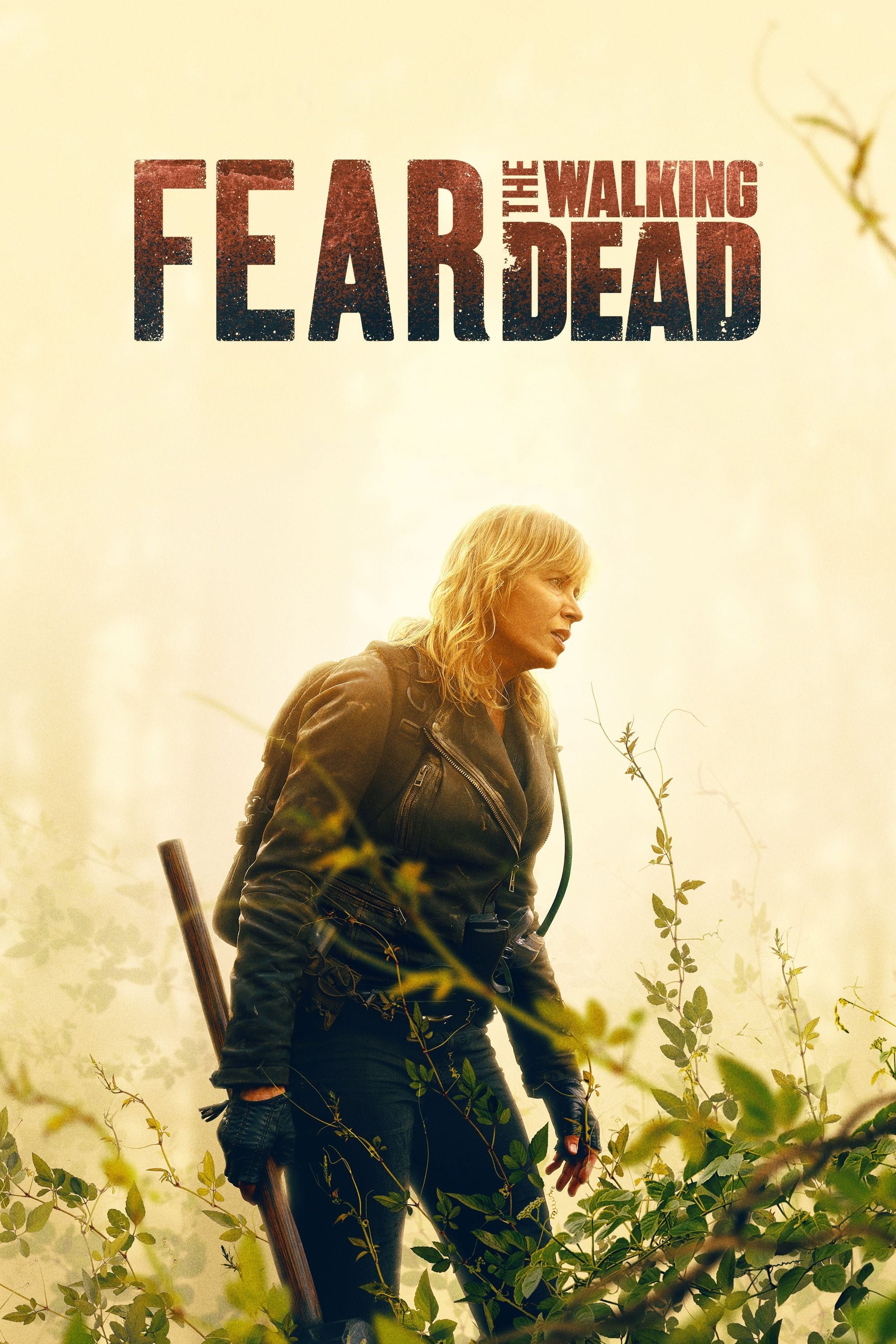
Okay, so the first few seasons of this show were… divisive, to say the least. It was a really slow, family-focused drama that didn’t quite click with everyone. But things completely changed with season four. New showrunners, Andrew Chambliss and Ian Goldberg, essentially hit the reset button. They brought in a fan-favorite character from the original series and gave the whole show a cool, western feel – visually, it was a big shift. At first, critics really loved the faster pace and the way they explored themes of redemption and hope. It honestly felt like a totally different show, and in a good way – it finally carved out its own identity, separate from the series it spun off from.
Tell us which showrunner swap you think saved a series by leaving a comment.
Read More
- 2025 Crypto Wallets: Secure, Smart, and Surprisingly Simple!
- Gold Rate Forecast
- Brown Dust 2 Mirror Wars (PvP) Tier List – July 2025
- Banks & Shadows: A 2026 Outlook
- Gemini’s Execs Vanish Like Ghosts-Crypto’s Latest Drama!
- ETH PREDICTION. ETH cryptocurrency
- Gay Actors Who Are Notoriously Private About Their Lives
- The 10 Most Beautiful Women in the World for 2026, According to the Golden Ratio
- The Weight of Choice: Chipotle and Dutch Bros
- 9 Video Games That Reshaped Our Moral Lens
2025-11-28 14:50